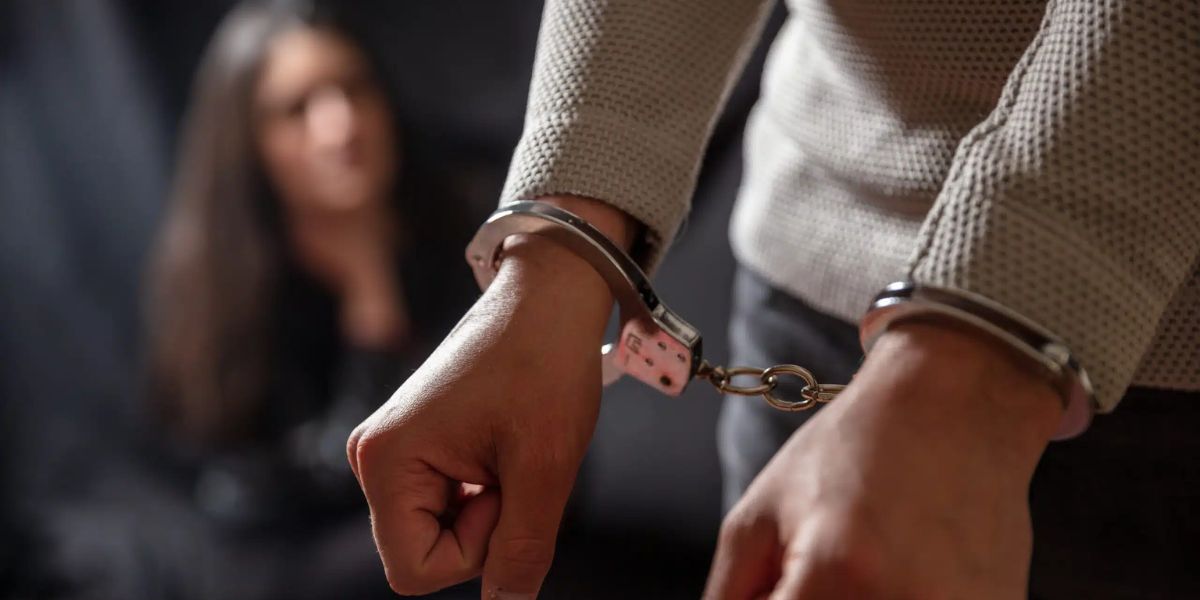When it comes to interacting with law enforcement in California, many people are unsure of their rights and responsibilities. A common question that arises is: “Is it illegal to talk to police?”
The short answer is no, it is not illegal to talk to police, but how and what you say can have serious legal implications.
Here’s what you need to know before striking up a conversation with an officer in the Golden State.
✅ You Have the Right to Speak — or Not To
Under the First and Fifth Amendments, you are allowed to speak with police if you choose to. However, you are never required to answer questions beyond identifying yourself in certain situations. You also have the right to remain silent, which is a critical protection if you believe anything you say could be used against you.
Key Point:
Talking to police is legal, but you’re not obligated to engage in conversation if you don’t want to — especially if you’re being investigated or questioned about a crime.
🚔 When You Must Speak to Police in California
There are specific situations where you are legally required to provide limited information:
During a traffic stop:, you must show your driver’s license, registration, and proof of insurance.
If you’re lawfully detained, you may be required to identify yourself.
8 Illegal Choices! What Not to Name Your Baby in South Carolina
If you’re under arrest, Officers must read your Miranda rights before conducting a detailed interrogation.
Outside of these scenarios, you generally don’t have to say anything, and many legal experts advise you not to volunteer information without a lawyer present.
⚠️ What You Say Can Be Used Against You
One of the biggest mistakes people make is assuming casual conversations with police are harmless. In reality, anything you say — even if you’re innocent — can be twisted or misinterpreted, and potentially used against you in court.
That’s why many attorneys recommend politely declining to answer questions and instead saying, “I would like to speak to a lawyer.”
🛑 It’s Illegal to Lie to Police
While it’s legal to remain silent, lying to law enforcement is a crime.
In California, providing false information to an officer (such as a fake name, address, or statement) can lead to criminal charges.
So, if you do decide to speak, always tell the truth — or say nothing at all.
👮♂️ What If You Just Want to Say Hello or Ask for Help?
Of course, not every interaction with police is confrontational. It’s perfectly fine — and legal — to greet an officer, ask for directions, or report a crime. Many officers are trained to engage respectfully with the public and may appreciate community interaction.
Just remember: if the conversation turns toward suspicion or investigation, your rights still apply.
🔑 Final Takeaway
Talking to police in California is not illegal, but it’s something you should do carefully and mindfully.
Know your rights. Stay respectful. And when in doubt, ask for a lawyer.
Quick Tips:
❌ You don’t have to answer questions you’re uncomfortable with.
✅ You can always ask, “Am I free to go?”
🧠 Think before you speak — silence is your right.
⚖️When in doubt, get legal advice.




